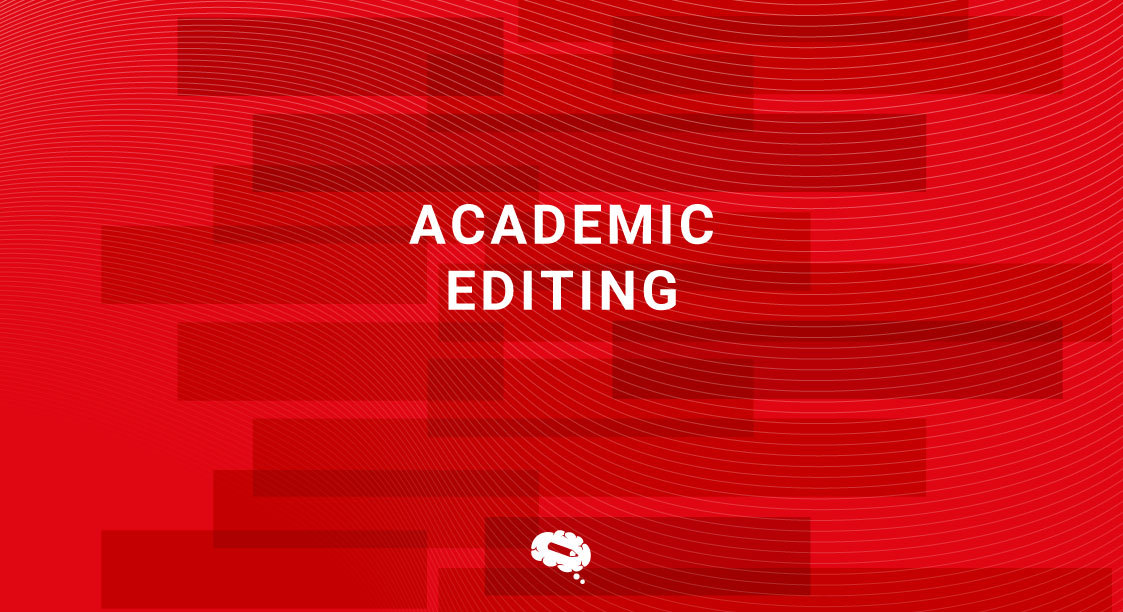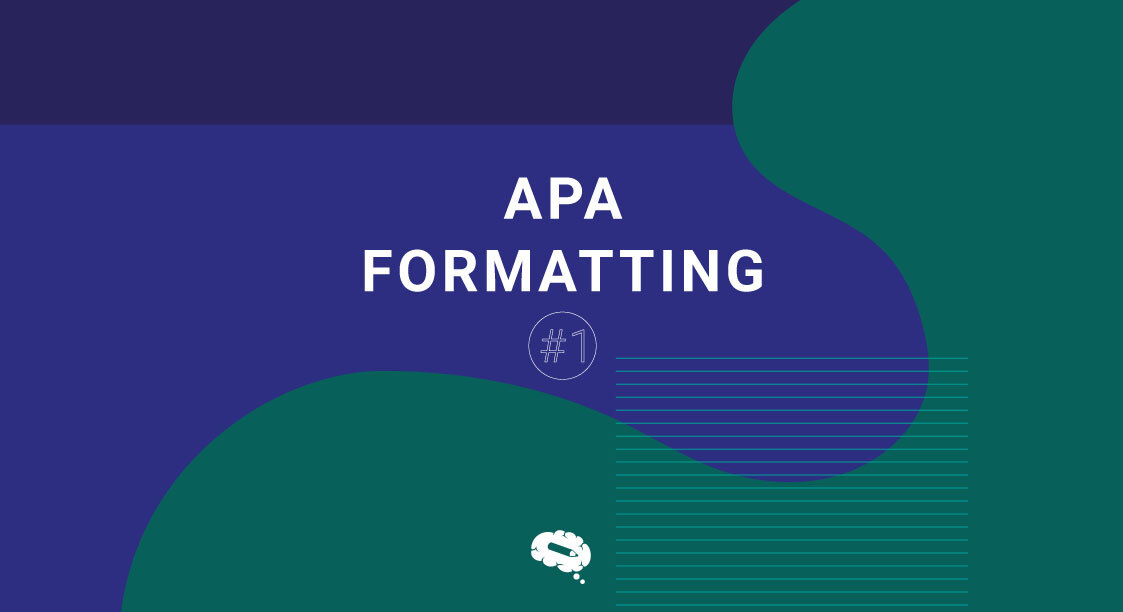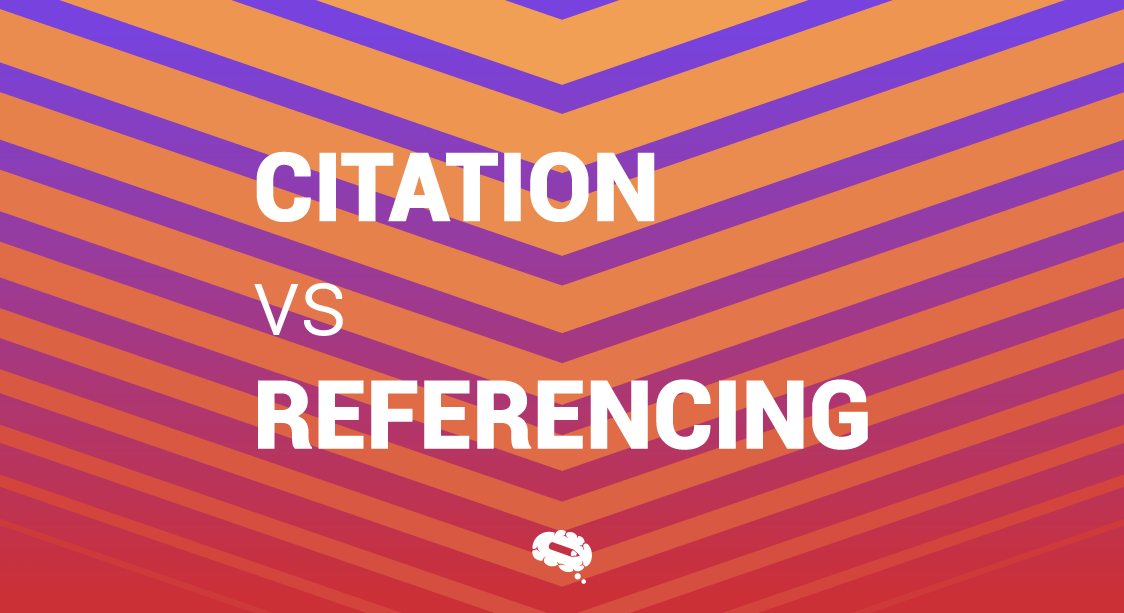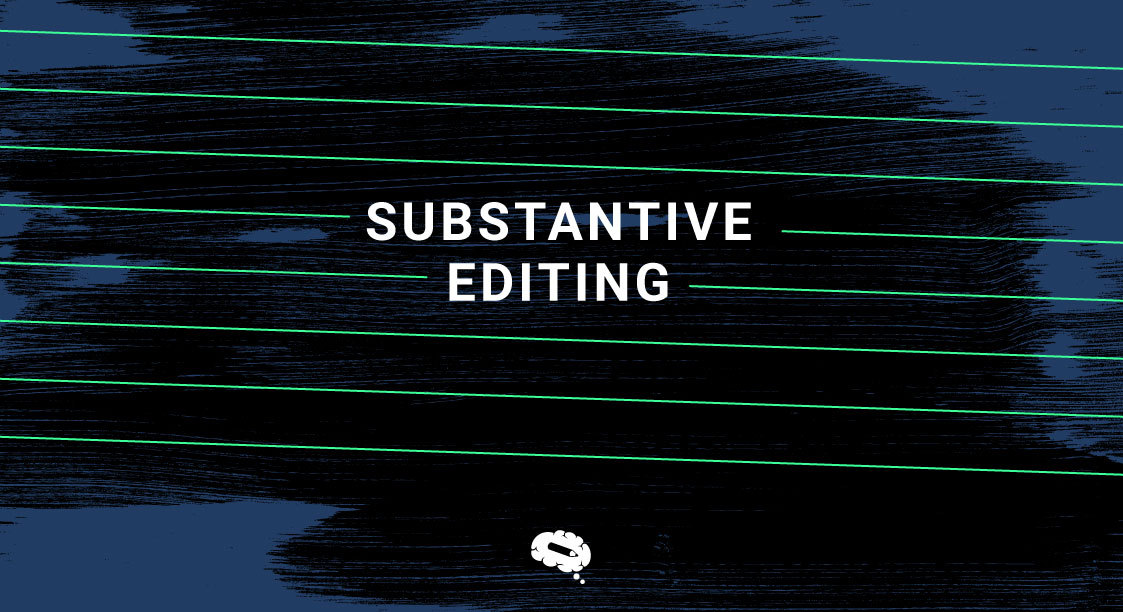Publishing articles in renowned journals need a lot more than conducting reach. It needs a researcher to communicate their work in an appropriate way to the community. To escalate the publication process, academic editing has become a chosen tool by the research community. Academic editing involves the careful evaluation, reorganization, or restructuring of a scholar’s work to ensure it meets academic standards. It includes proofreading and correcting errors in grammar, spelling, and punctuation as well as providing feedback on content.
Academic editing helps a writer improve the organizational structure of the article in various ways by improving the flow of the content, clarity of expression, and improving formatting style (e.g., APA). Academic editing helps you adhere to article writing guidelines and helps a researcher gain maximum advantage of their writing before it reaches publication house. Let’s learn more and get the best of academic editing.
What Is Academic Editing?
Academic editing is a specialized form of text editing. It focuses on the structure, content, and style of written academic works. It is an important part of polishing the writing process as it ensures that all parts of the document adhere to standards set by scholarly publications and professional organizations. With proper academic editing, writers can ensure their documents are accurate and high-quality and can submit them for publication or assessment.
The Importance Of Academic Editing
By providing authors with personalized feedback tailored to both their field of study as well as any specific requirements from various publishers or journals. The academic editors can make sure every element meets expectations without compromising research quality or intellectual integrity. This allows writers to present clear arguments with evidence-based points while maintaining credibility within their chosen field.
The process for academic editing varies depending on individual needs but generally involves reviewing a given document line-by-line using tools such as MS Word’s Track Changes feature, Adobe Acrobat Editing Tools (for PDF files), or other similar programs designed specifically for this purpose. It also helps in identifying potential issues related to formatting conventions which may not be immediately apparent through proofreading alone.
Clarity And Coherence In Writing
The purpose of academic editing is to improve the clarity and coherence of writing. This involves making sure that sentences are structured logically, with text organized in a way that helps readers understand the main points being made in an article or paper. Academic editors can also use their expertise to remove any unnecessary words or phrases—or even entire sections—to make the writing as succinct and focused as possible. They’ll also check for spelling, grammar, punctuation, typos, and other errors that could detract from a reader’s understanding of your work.
Finally, they may suggest changes to enhance readability or flow by reorganizing paragraphs and rewriting awkward passages so your original arguments come across clearly and effectively. Ultimately, professional academic editing ensures accuracy while helping you create persuasive papers crafted with precision specifically tailored to meet all expectations for quality academic writing.
Grammar, Spelling, And Punctuation Corrections
Academic editing services can help ensure the accuracy of all citations and references in an academic paper. With their expertise in formatting guidelines, experienced editors can correct any errors related to the style being used (APA, MLA, Harvard, etc.) ensuring consistency throughout the document. They are also able to check that all sources have been properly referenced using up-to-date information from reputable journals or databases such as ProQuest or JSTOR.
Making sure citations are correctly formatted may seem like a tedious task but it’s essential if you want to avoid any possible plagiarism issues down the line. By relying on an expert editor to take care of this aspect of your paper, you can rest assured knowing every piece of information is accurately cited and referenced by standardized conventions.
Citation And Referencing Accuracy
In the realm of academic editing, precision in citation and referencing is paramount. Accurate citation ensures that your work not only acknowledges the contributions of other scholars but also upholds the integrity of your own research. A skilled academic editor meticulously cross-references each citation with its corresponding source, verifying details such as authors’ names, publication dates, and page numbers to eliminate errors. This meticulous attention to detail not only enhances the credibility of your work but also safeguards against accusations of plagiarism, a serious offense in academia.
Related article: Citation vs Referencing: Understanding the Key Differences
The Process Of Academic Editing
Academic editing is a structured approach to improving the article quality. Editors will take any written piece of research through the following steps to reach the final polished version.
- Pre-Edit Preparations
- Establishing a tile line and a timeline for editing projects (with strict deadlines set).
- Identification of errors in terms of grammar, spelling, and punctuation.
- Reorganization of paragraphs & sentences to ensure they flow logically.
- Understanding citation style and formatting requirements.
- Gathering information about any tenure policies or grant submission criteria relevant to this work – if applicable.
- During The Edit
- Elimination of repetition and irrelevant content
- Clarification of complex passages by rephrasing them appropriately
- Reframing statements from passive voice into active wherever possible – improving overall impact/Powerful use of words will help the reader engage more effectively with the main points being made
- Suggesting alternative phrases where appropriate whilst ensuring key academic details remain intact.;v Remove any plagiarism issues detected using specialist software e.g Turnitin etc
- Post Editing Action Steps
Review edited documents thoroughly before finalizing payment/feedback loop process completes assisting future projects also those undertaken previously.
How To Choose An Appropriate Academic Editor
A good editor has an eye for detail with excellent comprehension skills. He/She would be quick in recognizing subtle differences between language used e.g UK vs US English usage. Which would enable them to provide refinements accordingly.
In the student age, academic editing is carried out by your graduation guide or meteors. But with the developing importance of formal documents in the education system, it is not enough! You would need professional help from academic editors to help you crystallize your thoughts better and create an impact as an accepted publication.
The following criteria should be considered before choosing any academic editor:
- Qualifications and expertise in the subject area
- Experience in academic editing
- Availability and turnaround time
- Cost consideration
Popular Tools And Resources For Academic Editing
Popular Tools For Academic Editing Online platforms make proofreading easier and quicker these include ProwritingAid and Grammarly. Additionally, many universities own bespoke systems dependent type coursework requirements Essays dissertations across a range of areas such as biology anthropology physics are just few among the popular ones existing.
Reference Management Tools
Reference management tools are essential for keeping up with the ever-changing landscape of research and academic writing. These tools enable users to locate, organize, store, annotate, share references from scholarly databases and other sources. They also provide automated citation formatting for different styles such as APA and MLA which makes it easier to document sources in an academic paper or project.
Additionally, they offer a variety of ways to find new material quickly by way of keyword search queries or browsing through subject categories. With advances in technology over the past few years reference management tool capabilities have grown significantly allowing researchers to save time while looking for reliable information on any given topic. These invaluable resources help students and researchers alike keep track of their references easily through cloud storage options that can be accessed at any time from anywhere. Some popular reference management tools are Zotero, Mendeley, Endnote etc.
Experience A 120% Surge In Citations With Infographics!
Elevate your research impact with the Mind the Graph platform’s arsenal of features tailored to empower scientists. Among these tools, infographics stand out as a powerhouse, proven to amplify the visibility and acclaim of scientific articles. Engaging visuals not only captivate readers but also facilitates a deeper comprehension of research discoveries, driving increased citations and accolades within the scientific community. Don’t miss out — join for free today!

Subscribe to our newsletter
Exclusive high quality content about effective visual
communication in science.








